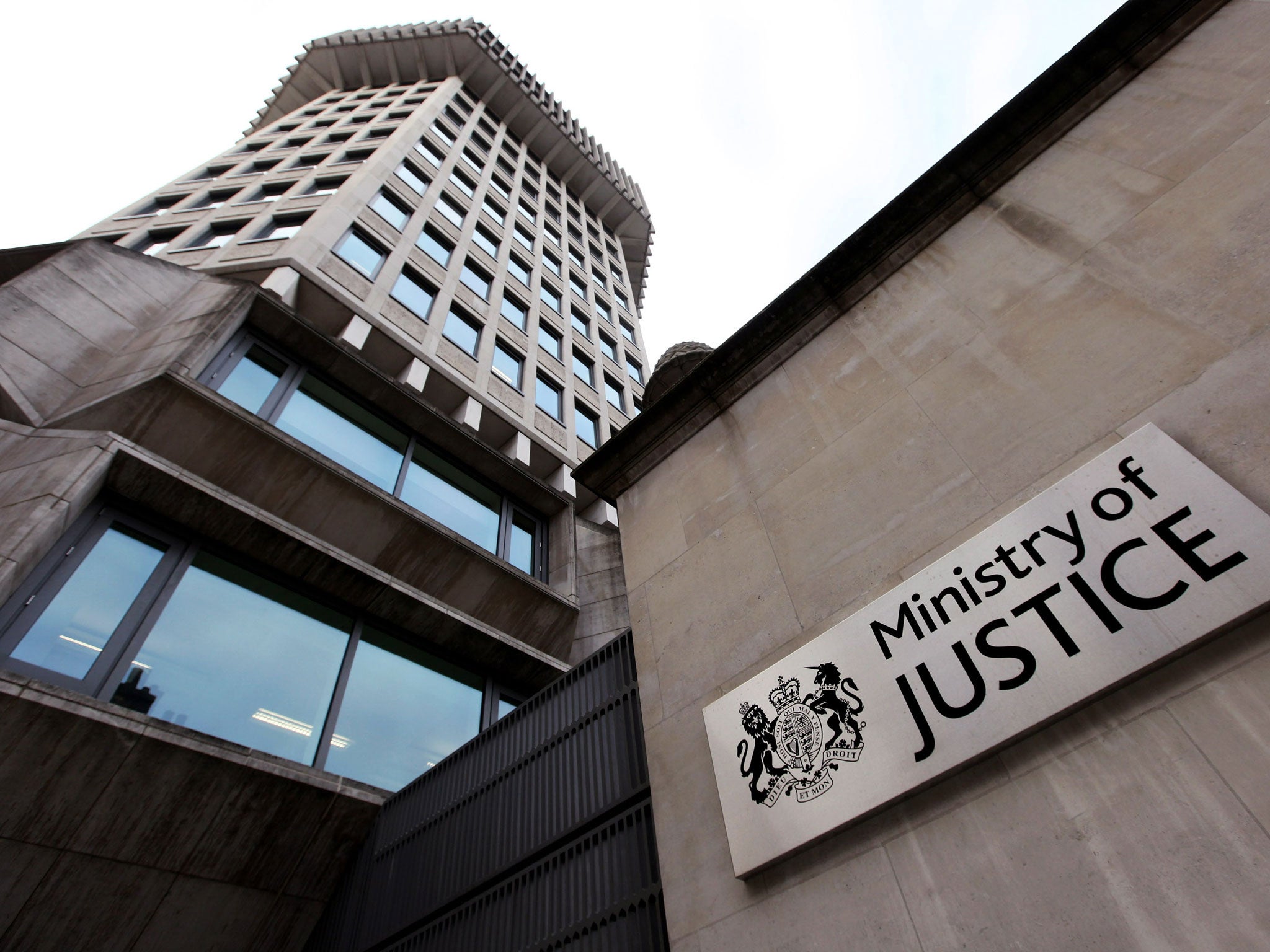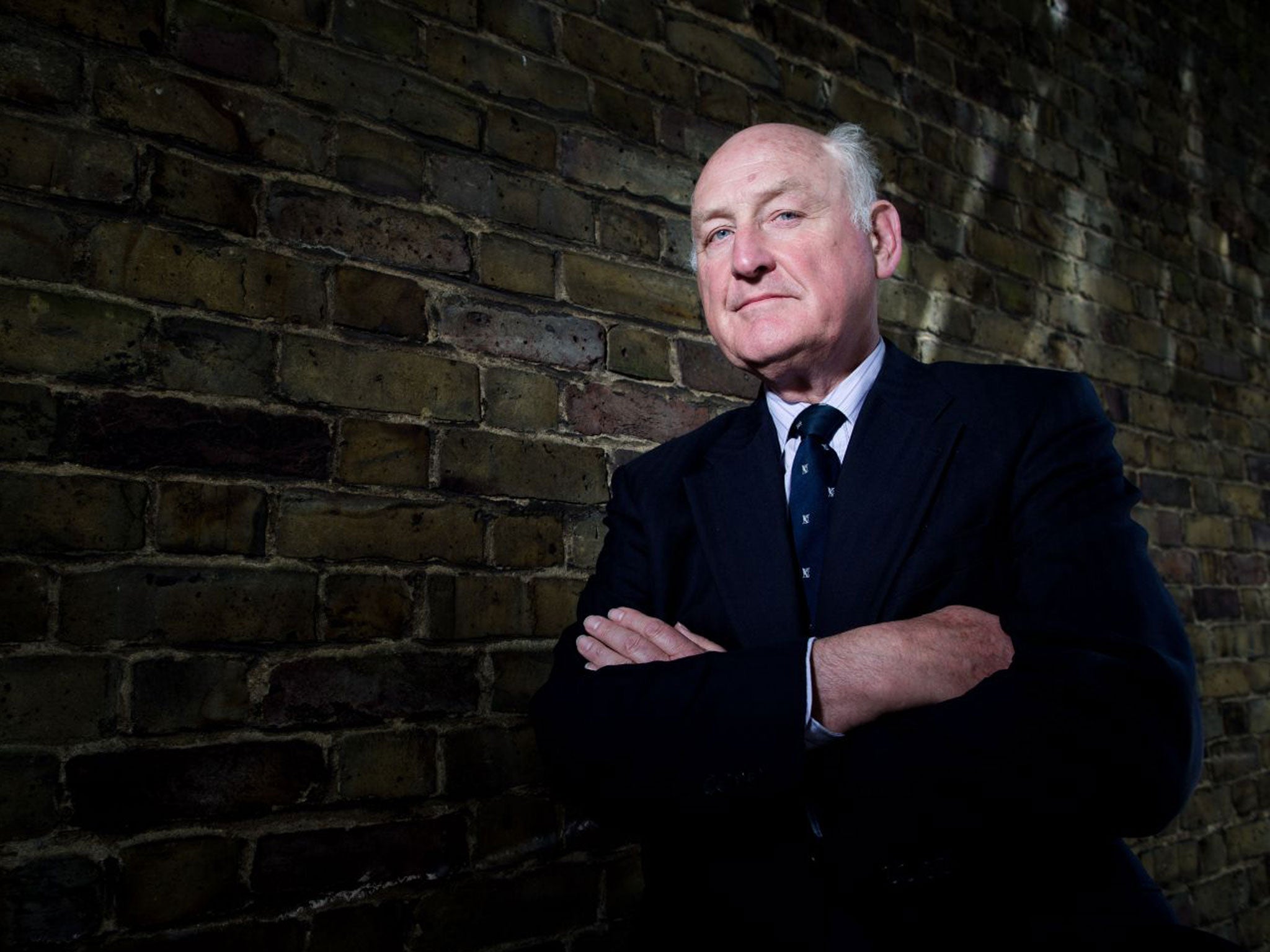Man with Down's Syndrome wins compensation after being banned from having sex with wife
The 38-year-old was forced to complete a sex education course, which his council did not provide

A man with Down's Syndrome has been awarded £10,000 compensation after social workers banned him from having sex with his wife.
The 38-year-old, who cannot be identified, won damages for breach of human rights after he was forced to abstain from sex for more than 15 months.
The man had enjoyed "normal conjugal relations" with his wife of five years until a consultant psychologist concluded he did not have the capacity to consent.
The couple, who married in 2010, were ordered to abstain from sex until the man had completed a sex education course.
His wife moved into a spare bedroom after being told she would be committing a serious criminal offence if she had sex with her husband.
She also "significantly reduced any physical expressions of affection" so she would not "lead him on," the Court of Protection heard.
But the man's local council, which is in England but cannot be identified for legal reasons, failed to provide the sex education course for more than a year.
He was first assessed by a psychologist in late 2014 after the couple sought fertility treatment. They were told by letter to stop having sex in March 2015 and were warned they would be forced to live apart if they breached the ban.
"The consultant psychologist made it clear that [the man] needed a course of sex education to assist him to achieve the necessary capacity," said High Court judge Sir Mark Hedley.
"For reasons that have never been satisfactorily explained, the local authority failed to implement that advice despite requests and protracted correspondence."

The judge said the man could not understand why his wife had moved into a separate bedroom, adding: “The impact of all this on [him] is not difficult to imagine.”
A relative took legal action on the man’s behalf a year after he was told stop having sex, asking a judge to order council bosses to implement the sex education course.
The council has since apologised for the delay in providing the “sex education to which he was entitled".
The man began the course in June last year and was assessed as having the capacity to consent early this year.
The council has agreed to pay £10,000 damages and pick up some of the man’s legal bills.
Sir Mark said the case was "unusual" and "may be unique in being applied to a settled, monogamous and exclusive married relationship".
But he said he had concluded that the council’s £10,000 offer was a “fair outcome” and in the man’s best interests.
The man had been represented by a senior barrister, Bridget Donlan QC, who had asked the judge to approve the council offer.
Join our commenting forum
Join thought-provoking conversations, follow other Independent readers and see their replies
Comments
Bookmark popover
Removed from bookmarks